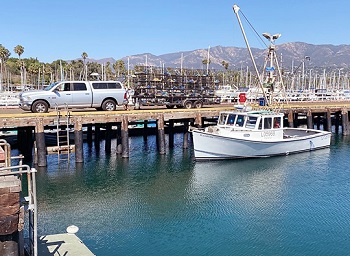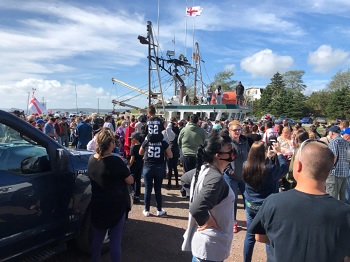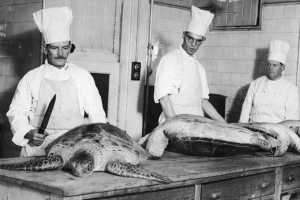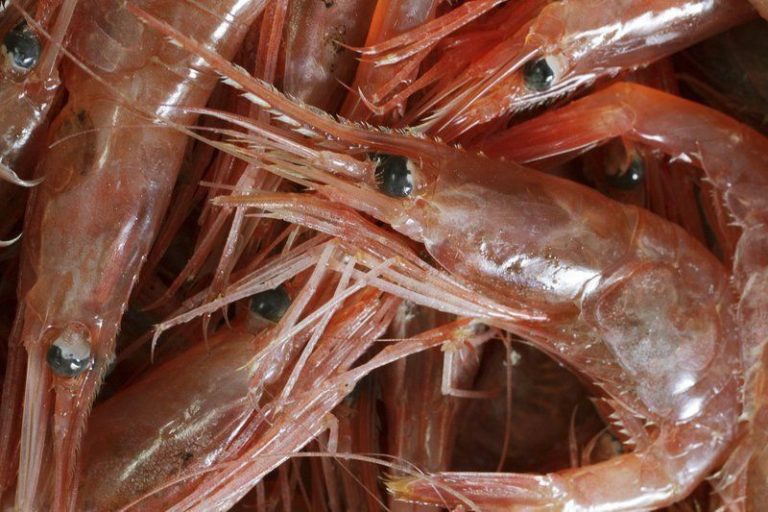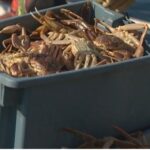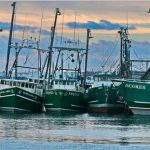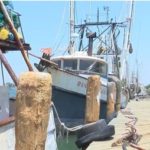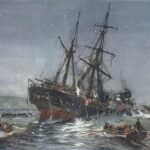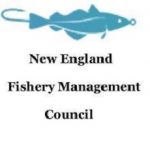Monthly Archives: October 2020
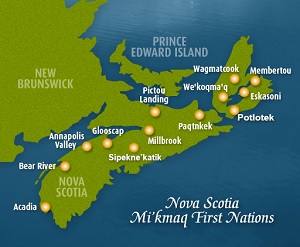
Lobster Fishery at a crossroads
According to the book Truth and Conviction: Donald Marshall Jr. and the Mi’kmaq Quest for Justice, when Marshall was asked to produce his fishing licence he replied, “I don’t need a licence. I have the 1752 Treaty.” Using the lifetime pension he received as compensation from the wrongful conviction, Marshall decided to fight for his ancestral Treaty rights to hunt and fish, and eventually, after an expensive and lengthy court battle, in 1999 the Supreme Court of Canada ruled in his favour. Marshall was acquitted on all the fishing charges, and the landmark ruling affirmed that the 1760 and 1761 Peace and Friendship Treaties with the British and Section 35 of the 1982 Constitution Act gave the Mi’kmaq, Maliseet, and Peskotomuhkati people, a total of 34 First Nations in the Maritime provinces and the Gaspé region of Quebec, the right to hunt, fish and gather in pursuit of a “moderate livelihood” from the resources of the land and waters. A subsequent Supreme Court clarification, known as Marshall II, stated that conservation-based regulations would still apply. >click to read< 08:59
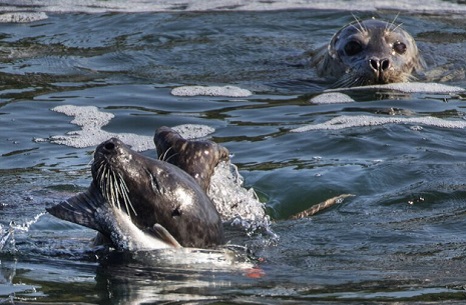
New “Gadget”? Underwater noisemaker to scare away seals at Ballard Locks
On a recent morning, after some acrobatics and horsing around, a seal cruising the locks suddenly took an all-business turn. When it resurfaced, it was with a mouth crammed full of coho. The Hiram Chittenden Locks, built more than 100 years ago, allow navigable access from the freshwater of Lake Washington and Lake Union to Puget Sound. But the locks also inadvertently created an attraction for seals. The concrete chute of the locks concentrates salmon, making easy pickings. As salmon runs have declined in Puget Sound, a range of methods has been tried over the years to shut down the buffet. Underwater firecrackers, pingers, even Fake Willy, a faux orca that used to be lowered into the channel in an attempt to scare off seals and sea lions. Now a new gadget is being tested at the locks, intended to startle seals to deter them. >click to leave< 20:20
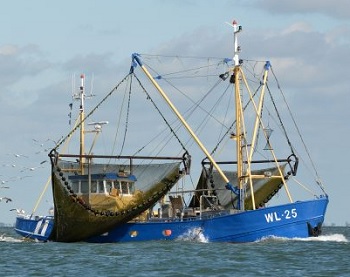
Fishing: The Great Betrayal
The Common Fisheries Policy began as a land (or rather, sea) grab, evolved into a stitch-up and grew into an environmentally devastating and commercially disastrous scandal. The EU, UK government and avaricious commercial interests are all to blame – and we’re far from being out of the woods yet. >click to read< 18:57
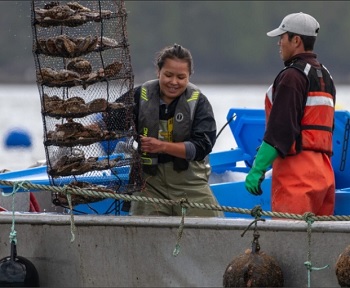
An unexpected outcome of the Great Bear Rainforest agreement
“Prince Rupert produces some of the most iconic seafood in the world,” Coastal First Nations — an alliance of nine nations on B.C.’s central and north coast — started exploring the viability of shellfish aquaculture in the region in 2003, testing various species including oysters and geoducks. In 2013, the nations formed Coastal Shellfish, with Metlakatla First Nation as the majority owner, and started producing scallops. Three-quarters of employees are Indigenous. The decision to focus on scallops was based on sustainability, Uehara said. Scallops are filter feeders, so farming them in the ocean means they clean the water while they grow. (we like that!) >click to read< 10:56
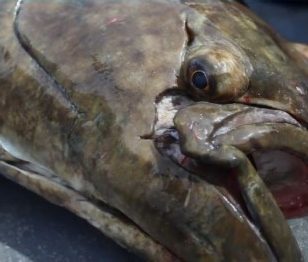
Bush Caucus urges reduction in halibut bycatch caps
Five members of the Alaska Legislature’s Bush Caucus have asked Alaska Department of Fish and Game Commissioner Doug Vincent-Lang to advocate for a reduction of halibut bycatch caps during the virtual North Pacific Fishery Management Council now underway. “Millions of pounds of halibut are discarded as bycatch every year,”,,, The Bush caucus noted that halibut fishermen lose a portion of their annual allocation of halibut every year due to the currently high bycatch caps. >click to read< 08:27

Heroic fishermen showed “fantastic community spirit” of Galway with sea rescue
Claddagh fishermen Patrick and Morgan Oliver were honoured at a Mayor Reception held in Leisureland on Friday in recognition of their achievements. The fishermen rescued Sara Feeney and Ellen Glynn from the water south west of Inis Oírr after a massive rescue operation in August. The two young woman had been swept out to sea while paddle boarding at Furbo, and ended up being carried almost 20 miles, where they eventually tied their boards to a lobster pot to hold on overnight. >click to read< 07:33
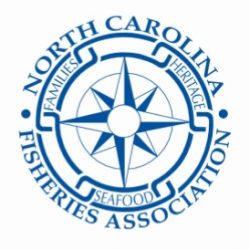
North Carolina Fisheries Association Weekly Update for October 02, 2020
Legislative updates, Bill updates, Calendar, >Click here to read the Weekly Update<, to read all the updates >click here<, for older updates listed as NCFA >click here< 11:11

Video: U.S. Coast Guard, Air Force, and Navy medevac fisherman from commercial fishing vessel off Hawaii
The Coast Guard, Air Force, and Navy successfully medevaced a 73-year-old fisherman from the 84-foot commercial fishing vessel Lady Alice 150 miles east of Hilo, Friday. At 7:37 a.m., Monday, the owner of the Lady Alice notified JRCC watchstanders that the master of the vessel appeared to be suffering symptoms of a stroke. The mariners aboard provided medication to the patient and were instructed by JRCC watchstanders to monitor his condition and maintain scheduled communication. Duty flight surgeons from the Coast Guard and Air Force were consulted and recommended sending Air Force pararescue jumpers from the 129th Rescue Wing to the vessel before the mariner’s condition deteriorated. Video >click to read< 10:22
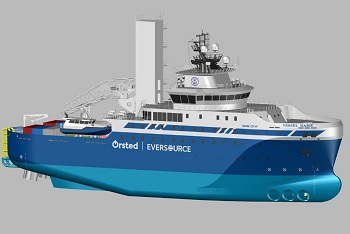
Charter Signed for First-ever U.S.-flagged Jones Act Compliant SOV
Offshore vessel operator Edison Chouest Offshore (ECO) will build and operate the first-ever U.S. flagged Jones Act compliant Service Operations Vessel (SOV), used for offshore wind farm operation and maintenance works. Edison Chouest Offshore, Ørsted, and Eversource announced Thursday the execution of a long-term charter agreement for the provision of the SOV. “The SOV will be engineered, constructed and operated by ECO as an integral part of the operation and maintenance of the Revolution Wind, South Fork Wind and Sunrise Wind offshore wind farms in the northeast United States, which are dependent on obtaining the necessary federal permits from the Bureau of Ocean Energy Management (BOEM),” the companies said in a statement. >click to read< 09:27
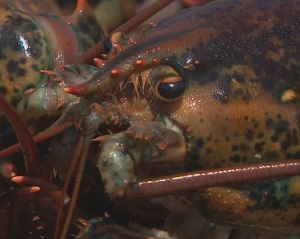
Membertou First Nation buys two offshore lobster licences at $25 million
Membertou First Nation has reached an agreement with Clearwater Seafoods for a $25-million purchase of two offshore lobster licences. “We’re very excited here in Membertou First Nation. It’s a historic investment,” said Chief Terry Paul of the announcement made this week. “…It significantly increases our presence in the offshore commercial lobster fishing.” Clearwater Seafoods has a deal with 14 Mi’kmaq communities in Nova Scotia and Newfoundland regarding Arctic surf clams, announced last year. >click to read< 08:47

“Prince of Whales” threatens suit to end Maine lobster licensing
Max Strahan is threatening to go to court. Again. Known by many in the conservation community, on Thursday, Oct. 1, Strahan filed a 60-day notice of his intention to file another lawsuit under the federal and Maine Endangered Species Acts. The suit is against the secretary of commerce, the heads of the National Oceanic and Atmospheric Administration and the National Marine Fisheries Service and Department of Marine Resources Commissioner Patrick Keliher. In his notice, Strahan claims that the act of “licensing” fisheries requiring the use of vertical buoy lines on lobster traps” is, in itself, a violation of the ESA,,, >click to read< 17:46
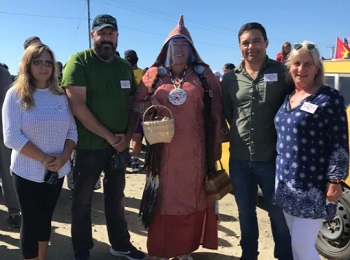
Peaceful protest, peace offering in disputed First Nations lobster fishery
There were peaceful protests Friday in Nova Scotia by commercial fishermen, following a symbolic gesture of peace the day before between some commercial fishermen and the First Nations band at the centre of a disputed lobster fishery. Gordon Beaton, the president of Local 4 of the Maritime Fishermen’s Union, said fishermen are worried where the fishery is headed.,, “We don’t argue the treaty,” said Beaton. “We’re not arguing the fishing rights that they have. They have a right to First Nations fishery, but we want the right to be executed in a way that’s sustainable for everybody.” >click to read< 16:09
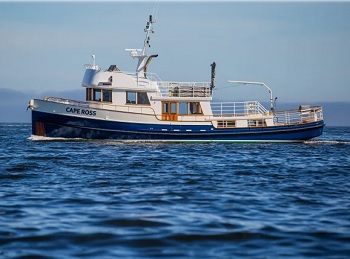
Soul Of A Workboat
“Welcome,” Rodger Morris says as he waves me aboard the Cape Ross. A professional woodworker, captain and marine surveyor, Morris has already lived a career as a shipwright, and another as a commercial fisherman in Southeastern Alaska. His demeanor is tranquil, and his vaguely wizardly mane of silver hair, along with his calm baritone voice, make him seem fit to read poetry on National Public Radio. He’s the kind of man I’d expect to find aboard this kind of boat. The Cape Ross was built in 1952 by Sterling Shipyards Ltd. of Vancouver, Canada, for the Canadian Fishing Company. All wood with a length overall of 67 feet, she spent most of her life chasing salmon and herring for profit along the British Columbia coast. >click to read< 10:33
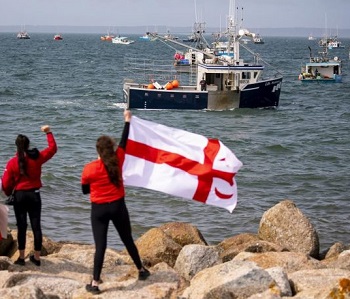
The ‘lobster wars’ rocked Atlantic Canada two decades ago.
It was 21 years ago that a small fleet of Esgenoôpetitj fishing boats took to the waters off western New Brunswick, where the Miramichi River meets the ocean. They had been fishing for lobster in the weeks before as part of their ceremonial fishery, harvesting enough for a feast that would take place at the end of their annual powwow. But on Sept. 17, 1999, the Supreme Court of Canada had released a ruling on Donald Marshall’s case. The Mi’kmaq man had been arrested in Cape Breton, N.S., in 1993 for catching and selling eels out of season. His case went all the way to the Supreme Court, which formally acknowledged the right of Indigenous people to fish year-round for a moderate livelihood. >click to read< 09:46
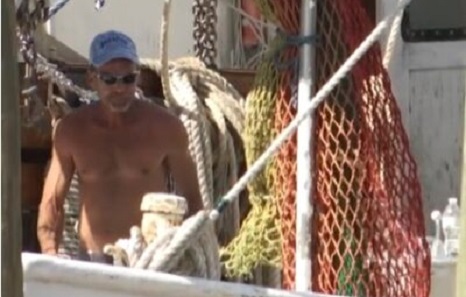
Community gathers for sunset memorial honoring Captain Wayne Magwood
Friends and family gathered on Thursday night to remember the loss of Lowcountry shrimper, Captain Wayne Magwood. Dozens gathered at Mount Pleasant Memorial Waterfront Park to share stories, pray and walk the pier. When the group reached the end of the pier, they dropped flowers into the water. Moving forward, it’s Magwood’s legacy that will keep the community going. A boat parade in his honor is scheduled for this Saturday, October 3rd. Video >Click to read< 07:56
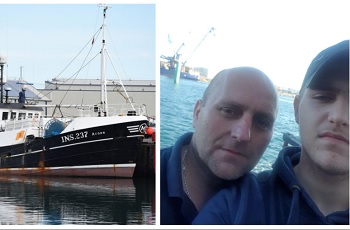
Son of overboard fisherman John McTaggart vows to keep working at sea to ‘make him proud’
Last night his wife Catherine, 39, and four children Caitlin, 21, Chelsea, 18, Craig, 16, and Carly, 10, paid tribute to the fisherman of 28 years. They said he had just become a grandfather for the first time with the birth of little Kayson in May. Young Craig, who recently celebrated his 16th birthday out at sea with his dad, had only started working in the fishing industry alongside his father in the past few months. But despite the tragedy which has “devastated” his family, the teenager said he will do all he can to follow in his father’s footsteps and continue the family trade of working at sea – and he hopes to do so aboard the Acorn. photos, >click to read< 16:47
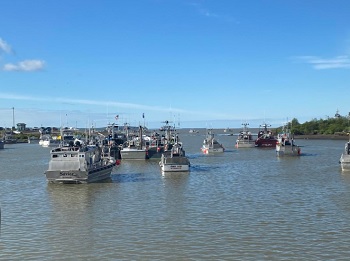
For Alaska’s seafood processors, the Coronavirus pandemic has cost tens of millions
Heading into the 2020 fishing season, many people were concerned that seafood workers from out of state would bring COVID-19 to rural communities. Processing companies managed to keep the disease under control. but at a big cost. Now, economists are looking at that financial toll. To keep track of how the pandemic is shaping the seafood industry, economists at the McDowell Group have started to publish monthly briefs for the Alaska Seafood Marketing Institute. “It’s interesting to describe a crisis when you’re in the crisis, right? And that’s our situation,” said Garrett Everidge, an economist at the McDowell Group. >click to read< 15:15
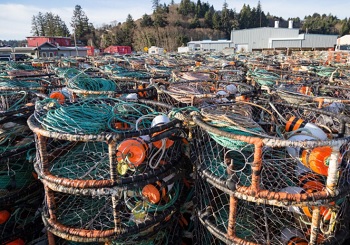
Crab industry, Oregon continue plans to avoid whale entanglement
New regulations for commercial Dungeness crab fishermen in Oregon aim to get boats on the water earlier in the season and reduce the amount of gear to avoid tangling with endangered whales. “Our fleet is made up of 400 individual businesspeople who each bring a different perspective to the issue,” said Hugh Link, the executive director of the Oregon Dungeness Crab Commission. “For over three years, they have been given the opportunity to weigh in on how best to mitigate the whale entanglement risk,” he continued. “But it is an ongoing process. These upcoming meetings are the next important step and we hope they take the opportunity to have their voices heard.”
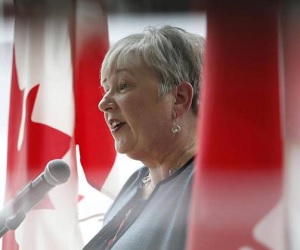
Bernadette Jordan: Honouring treaties begins with relearning the history behind them
Nova Scotia’s relationship with Indigenous peoples is rooted in Treaties of Peace and Friendship. These Treaties set out long-standing commitments, mutual obligations and benefits between the Crown (now represented by the Government of Canada) and the Mi’kmaw, Maliseet and Peskotomuhkati people. So when people ask what Reconciliation looks like, I suggest that it could begin by honouring the promises made in the treaties. That starts by learning about the history of the treaties themselves. And we all have an obligation to do this, because we are all treaty people. >click to read< 10:36
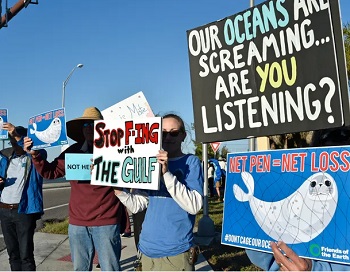
Opposition mounts against proposed offshore fish farm off the coast of Sarasota
Because the U.S. Army Corps of Engineers will not hold a public hearing on the construction of a controversial fin fish farm 45 miles off the coast of Sarasota, opponents took it upon themselves to be heard. Opponents said the proposed offshore fish farm demonstration pen by a Hawaii-based company, the first such project in the Gulf of Mexico, would create pollution in the form of fish waste, spread diseases to wild fish populations and increase competition with fishing companies that depend on wild catches. >click to read< Floating fish farm in Gulf proposed southwest of Sarasota -The permit is to discharge “industrial wastewater” from “a marine net-pen aquaculture facility.” >click to read< 09:07

Commercial Fisherman Richard “Buffalo” B. Wetherell, Jr. of Jamestown, R.I has passed away
Richard “Buffalo” B. Wetherell, Jr., 70, of Jamestown, passed away Tuesday, September 29, 2020. Born at Quonset Point, he was the son of the late Richard B. Wetherell and Helen L. (Tucker) Wetherell. Richard worked as a commercial fisherman for over 50 years. He enjoyed surfing, skiing, boating, and being on the water. He leaves his brothers, Robert Wetherell, David Wetherell and his wife Susan; his nieces and nephews Chelsea Wetherell Ursillo, Gerek, Bryn, and Spencer Wetherell. Richard was also the uncle of the late Jarod Wetherell. All services will be private. >click to read< 08:17
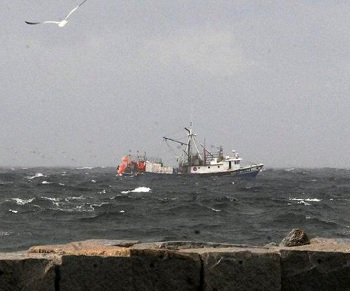
NEFMC votes to set a future target of 100% monitoring coverage on sector based groundfish vessels
The council, deliberating online via webinar on Amendment 23, overwhelmingly approved the motion for its preferred alternative of 100% coverage level for sector vessels in the Northeast Multispecies groundfish fishery. But the motion, crafted through a morning and afternoon of rulemaking on the fly, included a valuable caveat for fishermen: The region’s commercial groundfish harvesters likely won’t have to pay the full costs for the monitoring for the first four years the amendment is in effect or as long as supporting federal funds last. According to the approved measure, the commercial fishing industry will receive federal reimbursements, or money from other federal mechanisms, for 100% of their electronic monitoring costs and 100% of their at-sea monitoring costs in the first four fishing years the amendment is in effect. >click to read< 07:41






